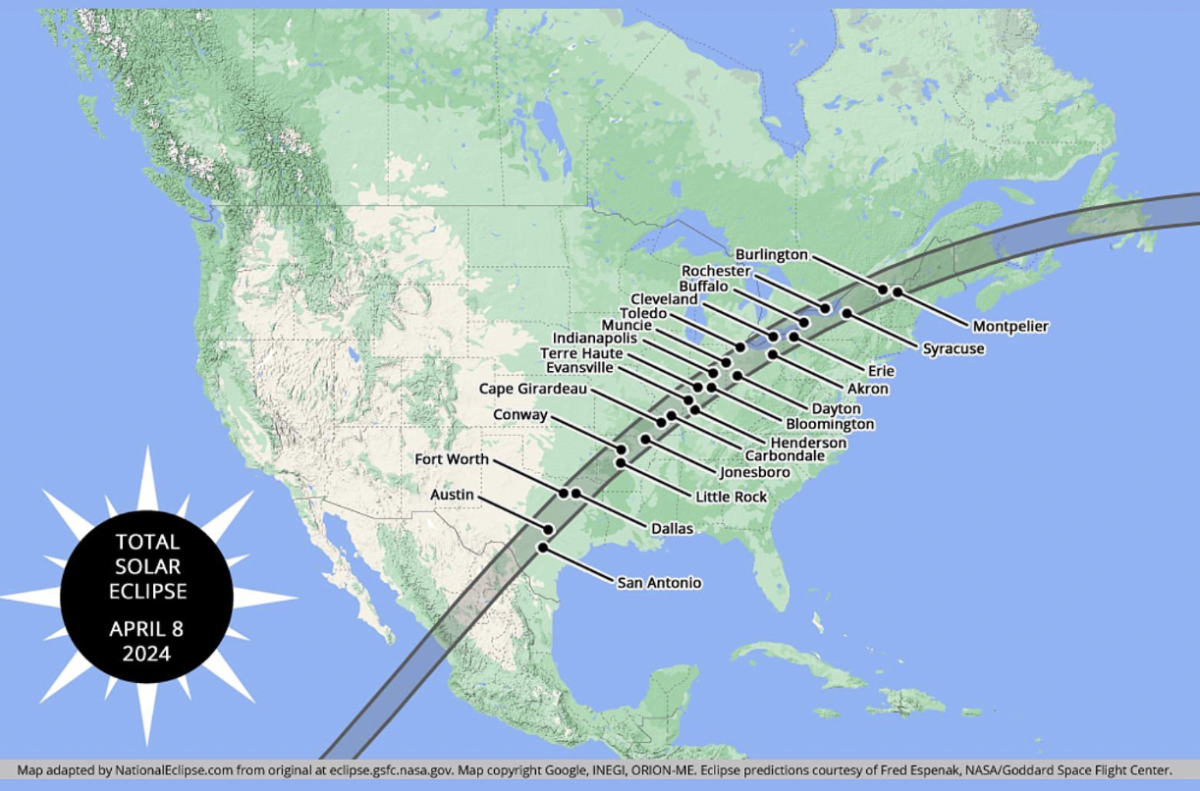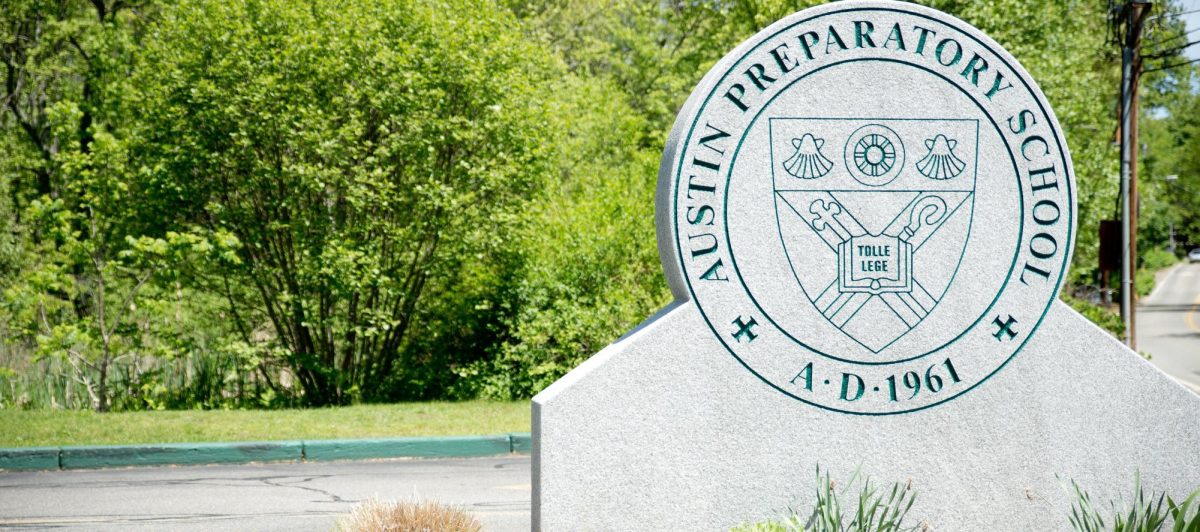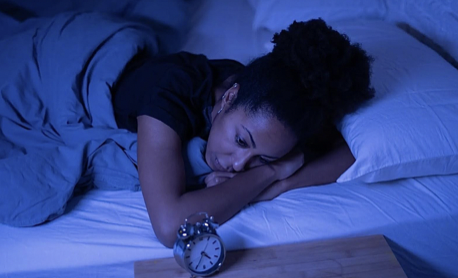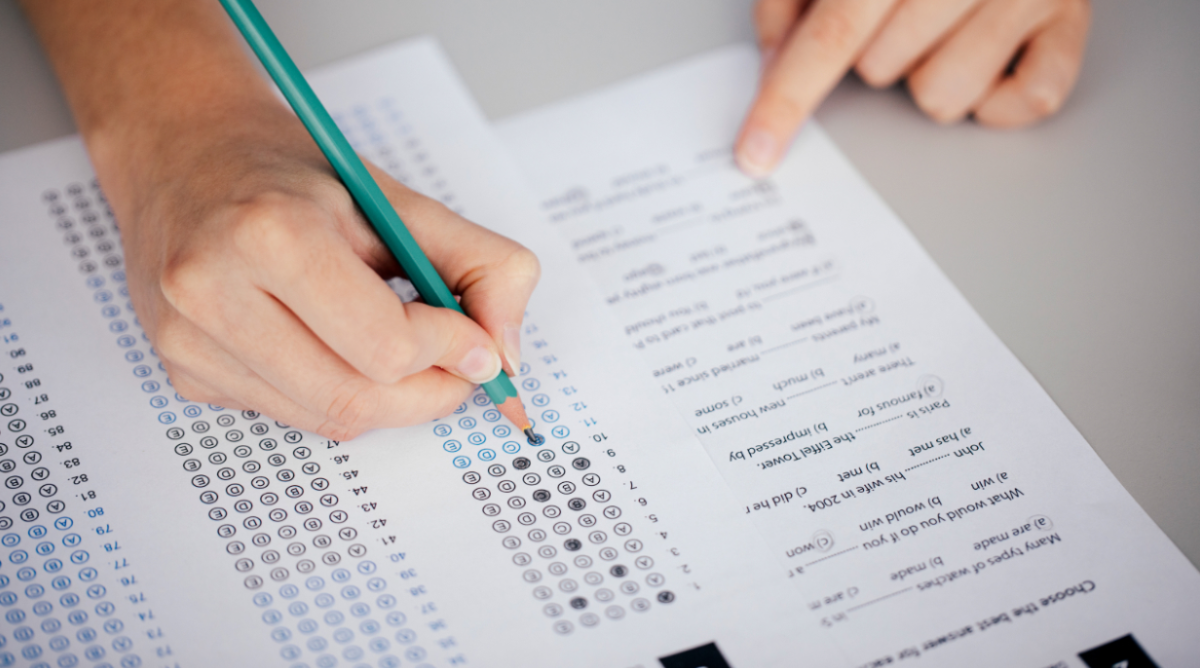There’s nothing better than when I finish all my homework before 9:30 P.M. I can finally get to bed on time. However, when I get into bed and close my eyes, almost immediately, my eyes snap back open; I don’t feel tired. After over an hour of tossing and turning, I finally begin to drift off to sleep… past 11:00 PM. Morning comes, and I wake groggy and tired, not at all ready to start the day.
This is the story for many high school students around the globe. The National Sleep Foundation states that teens “need about eight to ten hours of sleep each night”. Brittney McNamara, a wellness news editor at Teen Vogue, also goes on to say that a study found that a mere 15% of teens get 8 ½ hours of sleep on school nights. This leaves the remaining 85% sleep deprived. According to Hina Talib and Shelby Harris, adolescent and behavioral medicine specialists, in teens “there is a natural biological shift in the circadian rhythm by one to two hours, meaning that there is a natural delay in the brain’s secretion of melatonin, leading to later bed and wake times”. This makes a teenager’s natural bedtime around 11:00 PM. So even if a teen is in bed by 10:00 PM, they won’t start to feel tired for an hour. They just can’t fall asleep!
Fortunately, there is a solution. Schools can delay their school days to start after 8:30 AM. Delayed starts will align with adolescents’ natural sleep patterns giving them adequate amounts of sleep that they need. This would prevent declining academic performances and terrible mental health outcomes. High school students are waking up too early. This makes it extremely hard for teens to function at school.
Pushing back the start time of the school day will, in turn, lead to more sleep. Delayed starts will align with adolescents’ natural sleep patterns giving them adequate amounts of sleep that they need. If school starts after 8:30 AM, despite teens going to bed at 11:00 PM, they will be able to get enough sleeping hours. David Polochanin, an English teacher at Gideon Welles School in Glastonbury, Connecticut, stated that with adequate sleep, students will have clear minds that will lead to less cognitive impairment, less problems with attention and memory, higher academic achievement, better attendance, and lower dropout rates. A 2014, three-year study by the University of Minnesota showed that students whose high schools changed their schedules to start at 8:30 AM or later improved their performance in English, math, science, social studies, and standardized tests. This highlights how delayed start times can have an overall beneficial effect on students’ academic performances.
In addition, delayed starts help with students’ in-school behavior, with the American Psychological Association affirming that “insufficient sleep increases the likelihood of disciplinary issues and classroom conflict”. When Nauset Regional High School in Massachusetts delayed their start time to 8:35 AM, they “saw…fewer failing grades and suspensions”. With delayed start times, high school students will gain the sufficient amount of sleep needed which will lead to an overall better experience in the classroom.
Delaying school start times will similarly improve adolescents’ overall health and lifestyles. If teenagers are getting the amount of sleep that they need during the week, there won’t be a need for “catch up” Saturdays, where teens sleep in till one to make up for the lack of sleep during the week. Talib and Harris wrote in their article that the later start times of remote learning “increased their [teen clients] sleep during weeknights, decreased Saturday sleep-ins needed to recoup lost sleep, [and] allowed for family breakfasts.” This gives students more time with their family.
Another concern about sleep deprived high schoolers is groggy student drivers. Alarmingly, “The Sleep Foundation notes that drowsy driving causes more than 100,000 crashes every year, and can be just as bad as driving drunk”. If we continue to make high school students wake up before they should, the roads will no longer be safe for anyone.
Lack of sleep is also a cause for many physical and mental problems. In his article, Polochanin says that when teens don’t get a sufficient amount of sleep, they’re at risk for obesity and diabetes, according to the American Academy of Pediatrics. He goes on to say that the mental issues could include “anxiety, depression and decreased motivation.” In Saco Maine, schools who’ve delayed their start times have seen “an almost 50% drop in visits to the nurse.” All these schools have tried it, and have seen tremendous results, so why can’t all schools follow their lead? If all these benefits are the result of moving back high school start times, why aren’t all schools switching?
Teachers and administrators have raised many issues with later start times. The first is transportation. How will schools be able to stagger bus schedules with the high schoolers starting late? If all schools start at the same time, schools will have to hire more buses, which is more money. However, this is not a problem because schools would switch their start times. Elementary school would start earlier, and middle and high school would start later. Elementary students’ Circadian rhythm hasn’t shifted yet, and most go to bed early regularly, so they won’t have any issues with getting up early. Another worry is that delaying school start times will not prepare students for adulthood. When they get jobs, their job may require them to wake up before they would like to. However, by the time students have jobs, their Circadian rhythms will have shifted back. They would now be able to wake up at the appropriate time their profession requires.
In conclusion, high schools should no longer start before 8:30 AM. While this transition would require time, dedication, and patience from teachers, students and parents alike, in the long run, the physical and mental benefits that come with the decision will make all the work worth it.































